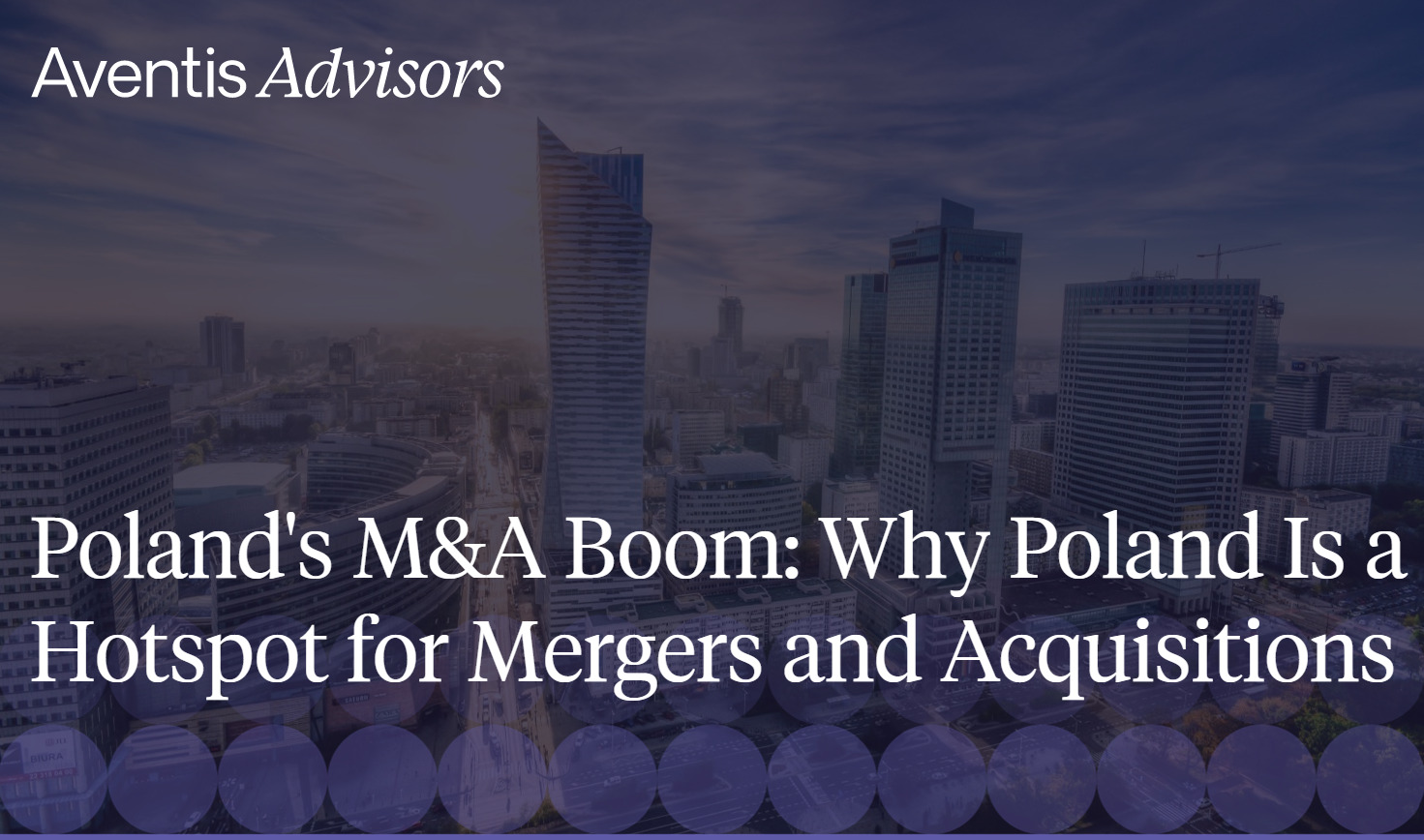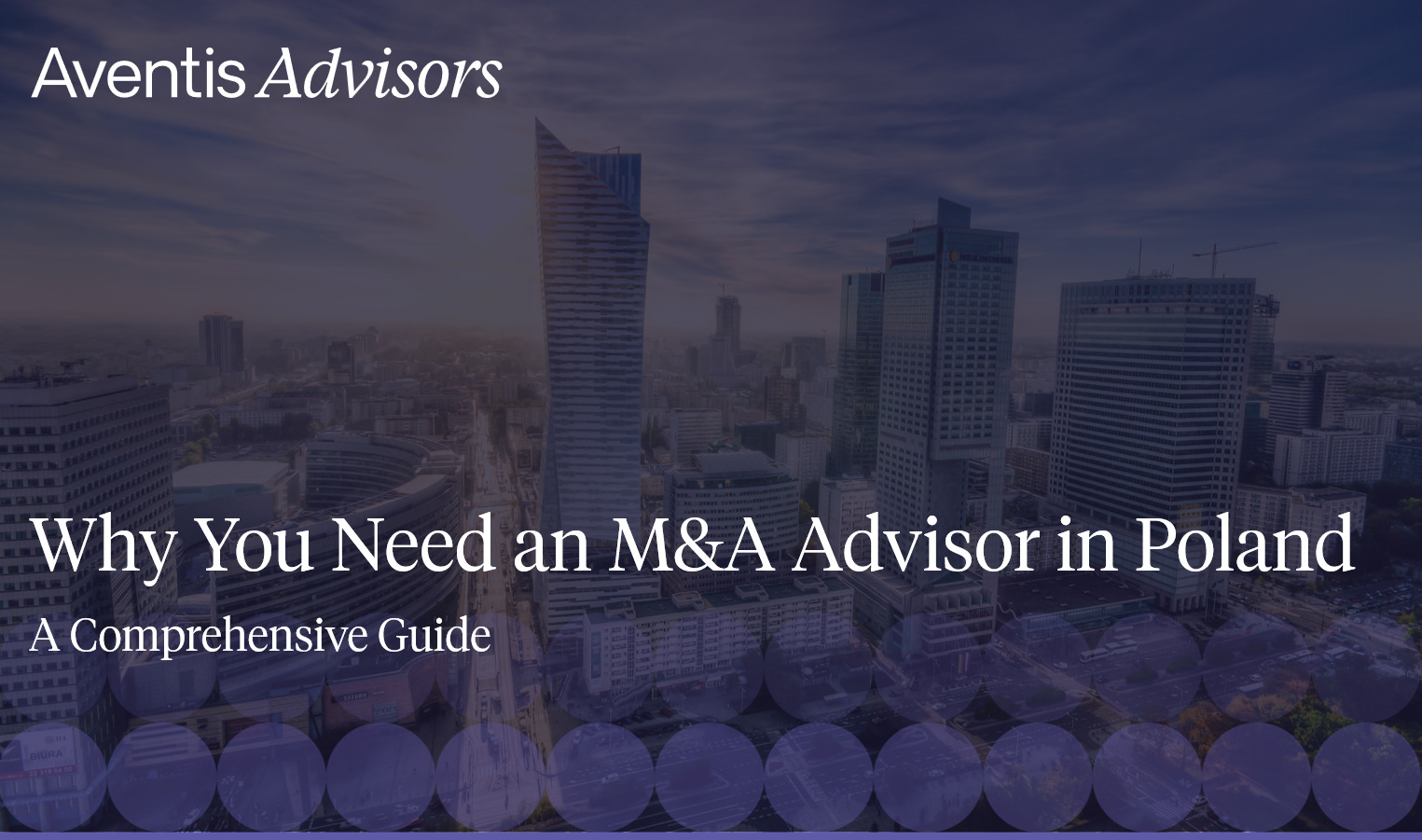Due diligence is an essential part of any merger and acquisition (M&A) process in Poland, as it is in anywhere in the world. It involves conducting a comprehensive investigation and analysis of the target company to evaluate its financial, legal, operational, and commercial aspects.
The primary purpose of due diligence is to identify any potential risks, liabilities, or issues associated with the target company, allowing the acquiring party to make an informed decision.
When conducting due diligence as part of an M&A transaction in Poland, you would typically cover the following areas:
- Financial due diligence (FDD): This involves reviewing the target company’s financial statements, accounting practices, management reporting etc. The goal is to assess the company’s financial health, identify any financial risks, and evaluate its current performance and future prospects.
- Legal due diligence (LDD): This involves examining the target company’s legal structure, contracts, licenses, permits, intellectual property rights, litigation history, and compliance with applicable laws and regulations. The purpose is to identify any legal risks, pending litigation, or regulatory issues that may impact the transaction or the target company’s operations.
- Tax due diligence (TDD): This involves verifying whether the target company calculates and pays its tax liabilities properly as well as assessing if there are any potential tax risks.
There are also other types of due diligence you may consider such as commercial, operational, environmental or technical. In this article, we will only focus on the first three and share our practical experiences from multiple M&A deals we participated in.
Financial Due Diligence in Poland
Conducting thorough financial due diligence in Poland allows potential investors and acquirers to gain a comprehensive understanding of the target company’s financial health, identify potential risks, and make informed investment decisions.
Here are some key local characteristics to consider when conducting financial due diligence in Poland:
1. Bookkeeping standards
In Poland, there are two types of accounting, full (i.e. double entry) bookkeeping or simplified accounting (which records only revenues and costs). For smaller companies, financial due diligence can be very limited, but most likely, an acquisition will entail a larger company that has full bookkeeping
2. P&L
In Poland, most companies do not allocate expenses to COGS and SG&A. Typically, your due diligence team will need to allocate the costs in order to present them in a way that is familiar to most investors.
3. Accruals
Most companies on Polish GAAP will not consider accruals in their financial reporting. You may need to task your due diligence advisors to compute accrual adjustments for you.
4. Provisions
You should be aware that provisions (for holidays, pension benefits etc.) are very seldomly calculated, and therefore, you should expect additional work related to that
5. Cash flow
Cash flow statements are not compulsory for SMEs, so if you would like a cash flow statement, this is also something your due diligence team might need to put together
6. Audit
Most SMEs do not audit their financial statements; you may find that some accounting policies do not conform to current GAAP.
7. Tax and financial accounting
Accounting for tax purposes in Poland has a distinct set of rules, often for simplicity, they are also applied to financial reporting – they may not be best suited to show the real picture of a company’s finances, so you might want to look into practices such as accelerated amortization of fixed assets or capitalizing R&D expenses to see if they make economic sense.
8. Subsidies
Many companies benefit from subsidies that different state or regional institutions have granted. Some of them are of a recurring nature and will continue after a transaction, while others are one-offs or might only be available to a specific class of business. It is very important to understand the nature of any subsidies as well as how a potential M&A deal might affect them.
Financial Due Diligence (FDD) in Poland: Service Providers
Multiple companies in Poland provide Financial Due Diligence services. They can be grouped into 4 categories:
Big-4 accounting companies
For large M&A deals, Big-4 accountancies are the go-to firms for quality and timeliness. It’s no different in Poland, with all of them (EY, KPMG, Deloitte, PwC) having large teams capable of handling any M&A deal. They all have slightly different experiences and areas of expertise, so it’s good to consider their past transactions in order to verify if they can add value to your due diligence process.
International accounting firms other than Big4
Apart from the Big-4 accounting firms, you can hire several mid-market international accounting firms such as Mazars, Grant Thornton, RSM and BDO. They offer similar quality of work to Big-4 companies, usually at lower rates. If you are not after big names, they are definitely worth considering.
Local auditing or accounting firms
Domestic audit and accounting companies will often also offer due diligence services. Given this is not their core competence, it may be difficult to find a reliable vendor. However, they may offer good value for money, and you may benefit from engaging them later on as an accounting partner for your acquisition target, which should make the transition smoother.
Legal Due Diligence (LDD) in Poland
Having participated in multiple due diligence processes, we have seen patterns of what things emerge from a typical LDD, especially things that may not be familiar or comfortable to international investors. Here are some key local characteristics to consider when conducting legal due diligence in Poland:
- Corporate matters – different types of legal structures
Polish law allows multiple legal forms for conducting business that vary from a sole trader (działalność gospodarcza) to LLCs and different forms of partnerships. Often times there are also benefits to having your business split into multiple entities. This is quite common in Poland, and domestic acquirers are accustomed to navigating this landscape. However, if you are an international buyer or investor, you should be aware of these structures and might also retain them.
- Employment matters
Polish law allows for various ways to structure the relationship between employees and companies. Apart from an employment contract, you can also come across B2B contracts, civil contracts and management contracts. It is normal for a Polish company to have a mix of those. So far, it has been an accepted practice and with a certain degree of care, you should be OK continuing such an arrangement. However, you should look closely at these contracts and make sure they comply with current regulations
- General Data Protection Regulation (GDPR)
GDPR (or RODO) in Polish is often a large part of legal due diligence. There have not yet been many instances in Poland when companies have been fined for a breach, but you should definitely make sure that the standards of GDPR compliance are high.
- Intellectual Property (IP)
IP is a tricky part of the acquisition process when navigating Polish law. It is important to confirm if any IP rights have been properly transferred to any company you consider acquiring, as this requires extra care under Polish law.
- Real estate
In Polish law, there is one fairly unique form o land possession called perpetual usufruct rights. If the business you are considering acquiring has this kind of possession, you should definitely consult your lawyers about the implications. This is usually not a reason for concern, but it is important to understand.
Legal Due Diligence in Poland: Service Providers
There are a multitude of law firms that operate in Poland, ranging from large international network firms to solo practitioners. Depending on the size of your deal, you will want to work with a firm that has the relevant experience and capacities. Most mid-sized and large law firms will have some M&A practice, and there are several rankings of law firms available online you can consult to identify relevant companies. However, ultimately we believe it’s a matter of a personal fit between you and the partner at the law firm that you will work with. Especially if you would engage them for further legal work on your M&A deal.
Tax Due Diligence in Poland

Taxes are an area that requires particular scrutiny in Poland, as the law is everchanging and there are substantial adverse consequences for failing to pay taxes. Depending on the type of business you are in, there will be different types of taxes you should scrutinize in your due diligence investigation. From our experience, we have found that VAT matters tend to have the most serious impact on deals. Often times you will also hear about tax risks related to different types of employment relationships, which may be subject to reclassification. In our experience, this has never materialized, but of course, this is a risk you should consider when buying a business in Poland.
Tax Due Diligence in Poland: Service Providers
For tax due diligence, you would typically hire a tax advisor. You can find them at most law firms as well as FDD providers and auditing firms. There are also specialized tax advisory firms that may help you. From our experience, hiring the same company as the vendor working on FDD works best, given their work often overlaps. However, hiring the firm that does your LDD is also an option, especially for deals e.g. in real estate, where there might be less financial diligence necessary.
Conclusions
Due diligence is a critical aspect of any successful merger or acquisition (M&A) process, and this holds true for Poland as well. Conducting thorough due diligence in Poland is vital to uncovering potential risks, ensuring legal compliance, and ultimately having comfort in closing the deal.
However, due diligence is just one piece of the puzzle. To make sure you get the best of your M&A deal, consider the following:
- Engage Local Expertise: Collaborate with experienced local advisors, including legal professionals, accountants, and industry experts, possessing an in-depth knowledge of the Polish market and regulatory landscape.
- Assess Integration Challenges: Identify potential challenges related to integrating the target company into the existing business. Address cultural differences, language barriers, and regulatory compliance issues upfront to minimize post-acquisition disruptions.
- Plan for Post-Acquisition Integration: Develop a well-defined integration plan that outlines the steps to merge the two entities seamlessly. Consider factors such as organizational structure, technology integration, talent retention, and customer retention strategies.
Why You Should Work with an M&A Advisor in Poland
Acquiring a company is about more than just assessing financials—it’s about identifying the right target, maximizing strategic value, and ensuring a smooth transaction. M&A advisors based in Poland, bring deep industry expertise, manage complex deal processes, and position you to make informed, competitive offers.
While you focus on your acquisition strategy, M&A advisors handle the negotiations, due diligence, and market analysis, ensuring no key detail is overlooked. Their success is aligned with yours, often playing a crucial role in securing the best possible deal terms and outcome.
About Aventis Advisors
Aventis Advisors is an M&A advisor for technology and growth companies based in CEE. We believe the world would be better off with fewer (but better quality) M&A deals done at the right moment for the company and its owners. Our goal is to provide honest, insight-driven advice, clearly laying out all the options for our clients – including the one to keep the status quo.
At Aventis Advisors, we have accumulated extensive expertise in assisting international buyers with the unique complexities of investing in CEE. With our access to local databases and networks, we can provide valuable insights and support in selecting and closing the right deal for you. Our experience connecting foreign investors with CEE-based targets enables us to handle all your investment needs, from navigating complex financial requirements to bridging cultural gaps.
Get in touch with us to discuss how much your business could be worth and how the process looks.





